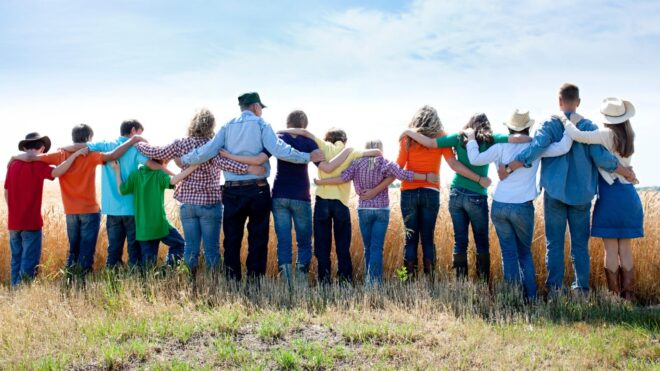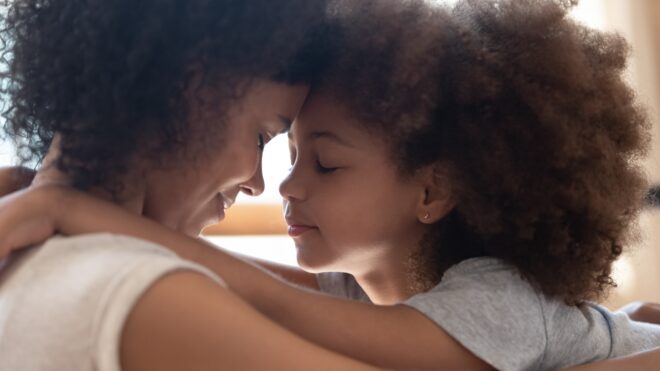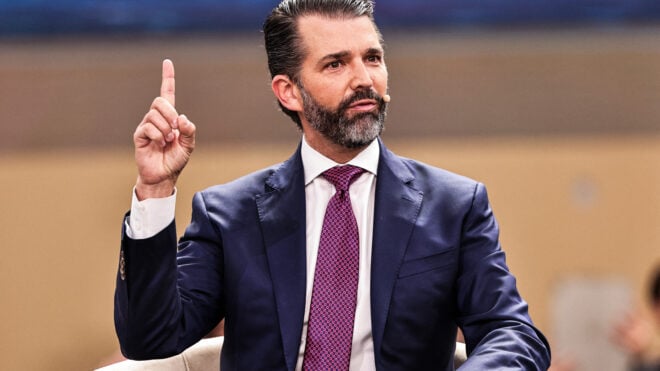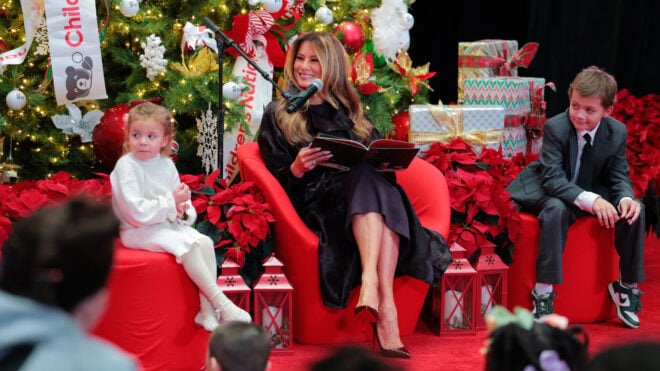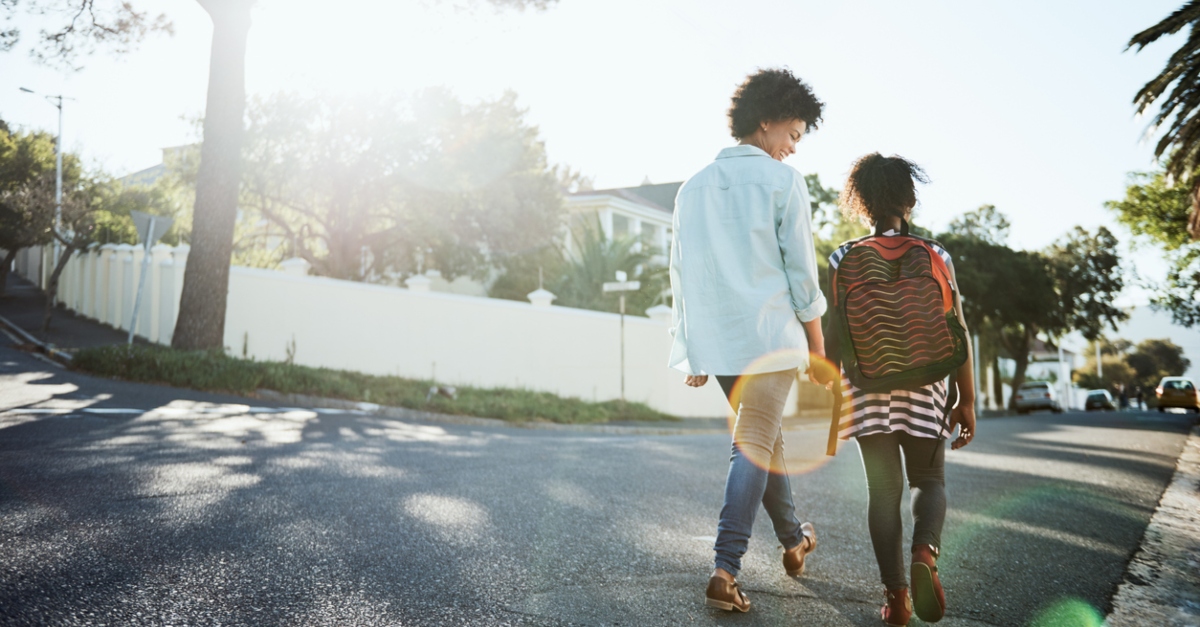
When it comes to respect and children, I hold what is sometimes an unpopular opinion: I don't think children should have to default "respect" every adult they meet, just because that person is an adult. When it comes to expressing gratitude and respect, I believe both of these are responses that are earned due to someone's behavior, not simply because that person exists and is older than someone else.
I don't mean that children should run wild and be rude to everyone they meet — I don't think any of us should be rude just because we want to, or maybe even ever. But as someone who was born and raised in the Southern United States, where we're told to respect our elders from birth, I've always felt squeamish about the idea that children are thought of as inherently inferior to adults.
Sure, children generally need the guidance of adults who love and care for them. And if those adults genuinely do love and care for the children in question, then respect is sure to follow. Unfortunately, adults don't always love and respect the children they care for, and for a lot of adults, the word "respect" actually seems to be a code for "fear."
Gratitude and Respect
Gratitude and respect are important, and knowing how and when to express both does matter. I have tried to instill understanding, giving, and receiving gratitude and respect in my son. It's important that he can recognize what each of these words means, what they feel like, and what they look like when others express them.
For us, gratitude is an expression of appreciation for how someone treats us, or how they love us. Respect is what we feel and express when we are really impressed by someone, or when someone's traits are inspiring.

When I was a kid, my siblings and I were often told to respect any adult we met, and sometimes we didn't meet the greatest adults. Some of these people were rude, and others were flat-out bigoted and genuinely unkind. It always felt odd to have to act as though I thought highly of someone when that wasn't true, and I knew when I had children I wouldn't want to force them to pretend to feel something that they didn't.
Being Polite vs. Being Respectful

My son is a kid, so he contains multitudes, but he is usually kind, sweet, and polite. He's not perfect by any means, but he's a great kid. He knows that there's a time and a place for some behaviors and actions, just like he also knows that he doesn't have to pretend an adult is an amazing human who inspires him just because that person exists. He's expected to be polite, but he doesn't have to be fake.
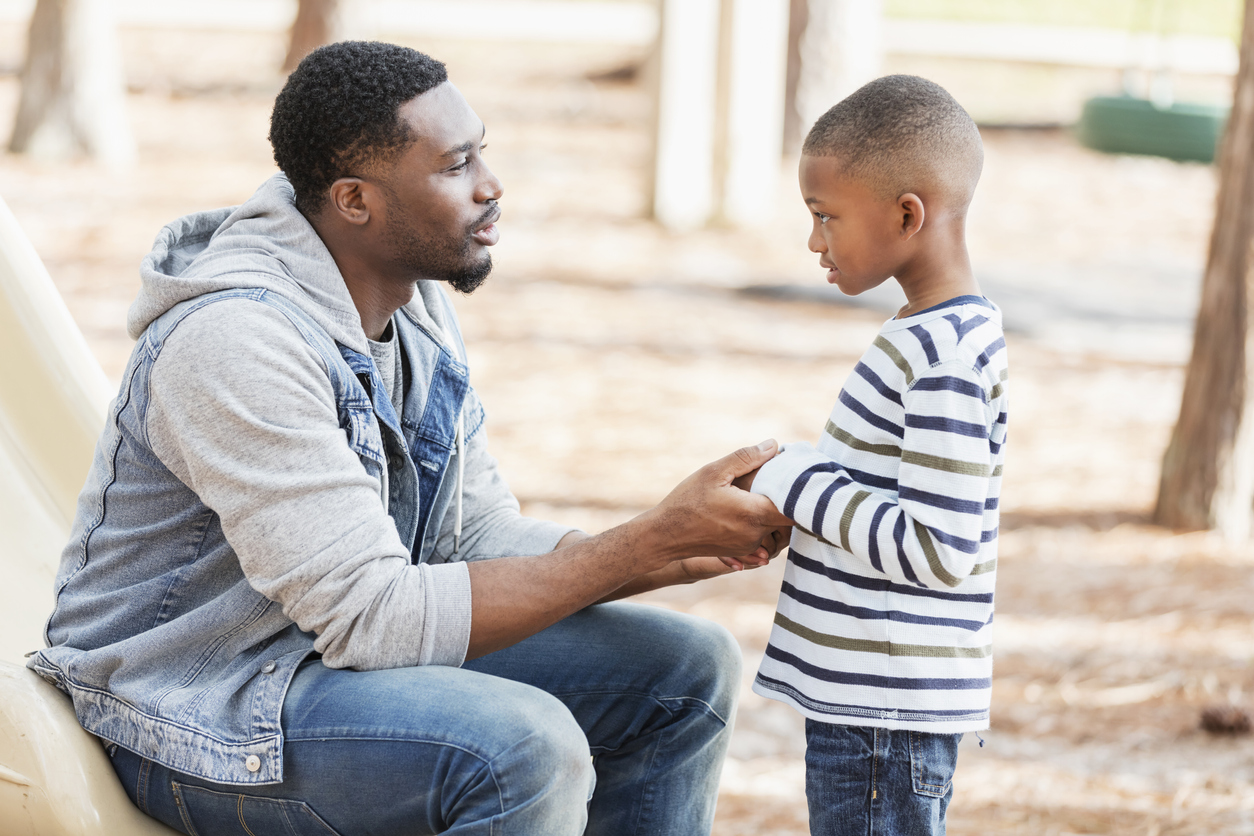
For example, if he meets an adult who has a challenging viewpoint, or who expresses a thought or action that is unkind or even harmful to an individual or a group of people, my son probably isn't going to respect that person. He might be grateful that he had the experience of encountering them, because sometimes the best way we learn is by being around something or someone we don't want to be like — but he doesn't have to respect them.

I am really into the idea that respect is earned, not just freely given. I think a lot of adults agree with that idea as well, especially if you're talking about respect between two fully grown people. But it seems that it gets trickier for some when you apply the same idea to a child or group of children and their feelings about an adult or group of adults.
I don't want my son to be rude or to be a monster, but I do want him to be someone who has strong convictions that he stands by. This idea isn't for everyone, but it is definitely something that works for us in our home.

